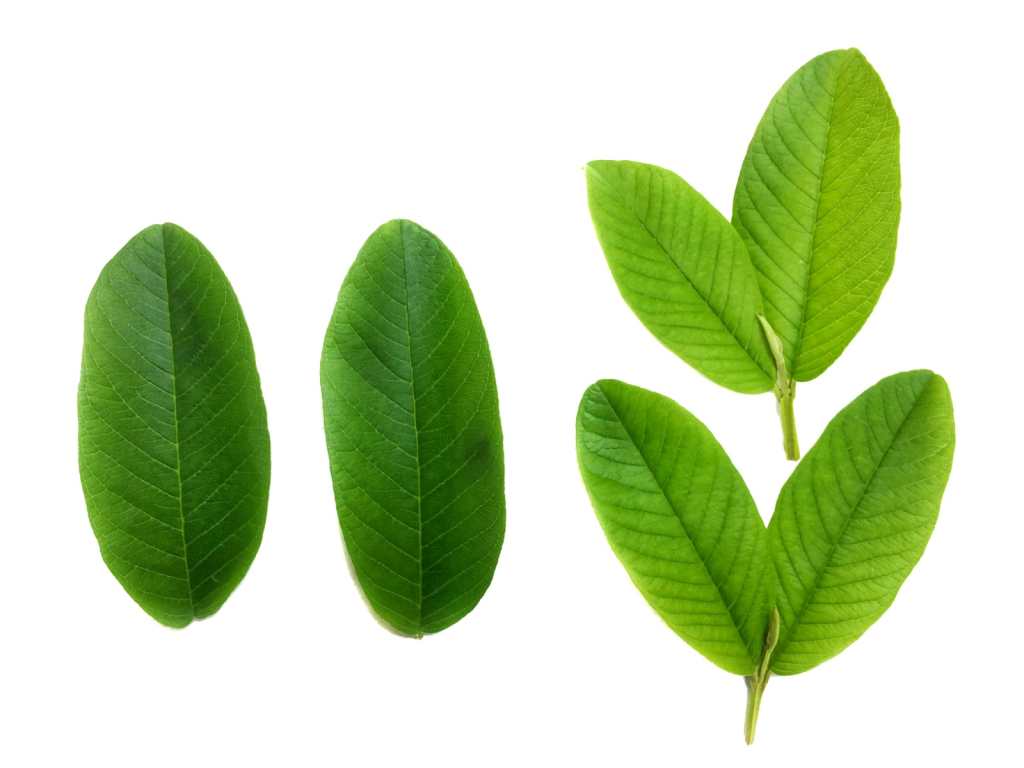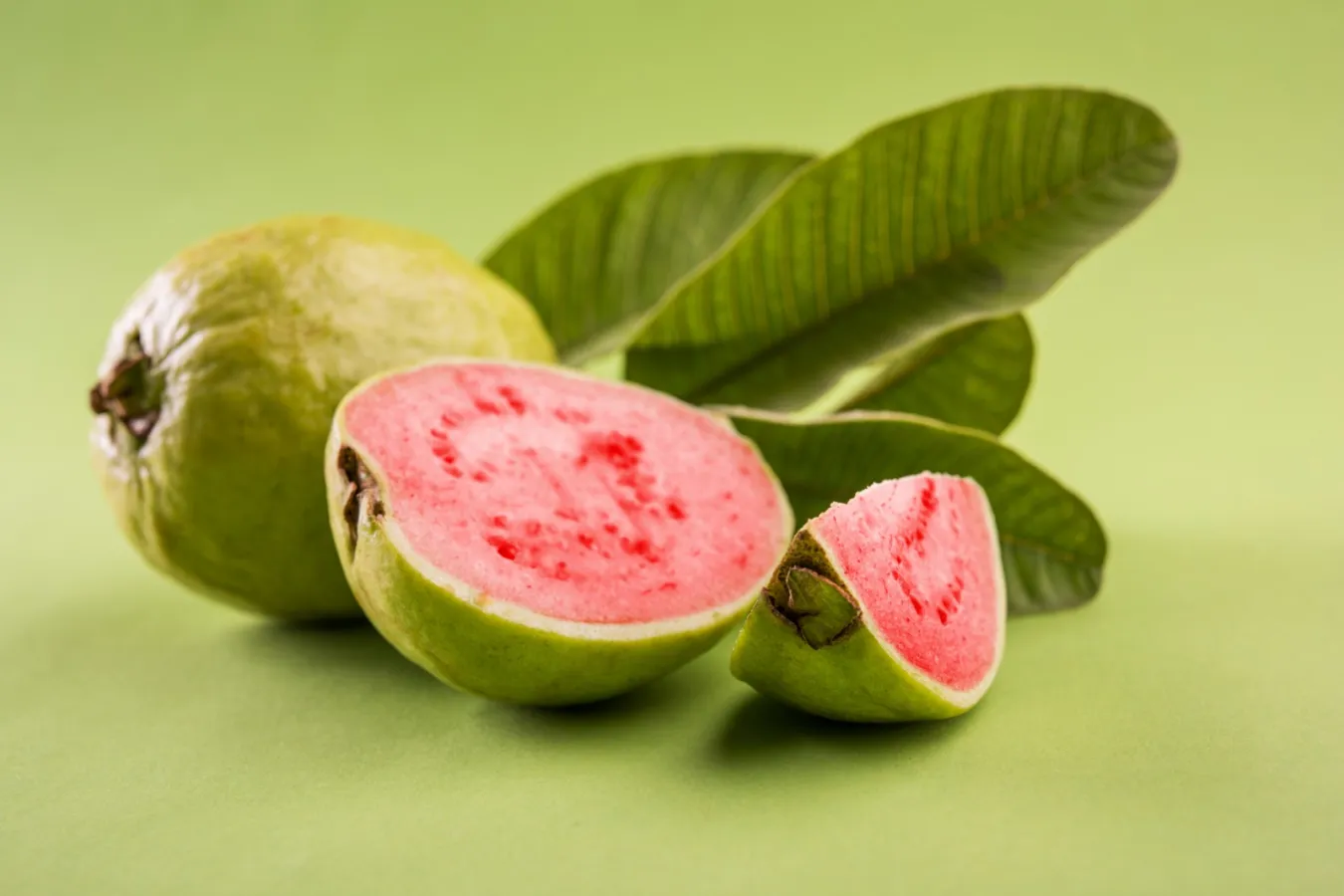Guava leaf tea or infusion helps gastrointestinal health, because it soothes diarrhea and colic. It is also beneficial for ulcers and skin infections.
Guava grows on small trees in tropical and subtropical regions. It is popular for its high water content, vitamin C, and for contributing to gastrointestinal health. However, this fruit not only helps the general well-being of the body, but its leaves in infusion or tea generate benefits such as controlling uric acid, hypertension, diarrhea, and preventing fluid retention, among others.
The species Psidium guajava L., popularly known as guava, belongs to the Myrtaceae family and is native to America. It can be consumed naturally, as a soft drink, or in ice cream.
According to nutritionist Christa González, guava is rich in vitamins A, E, and D12. It also provides iron, copper, calcium, magnesium, phosphorus, and potassium. “This fruit is mainly credited with providing vitamin C because it is considered to provide a higher amount than oranges and other citrus fruits,” she says.
In addition, among its benefits, it mentions the prevention of colds, regulates cholesterol levels, and helps intestinal health since due to its astringent and antimicrobial properties it regulates episodes of diarrhea and improves intestinal flora.
Benefits of guava leaves
The guava tree is small, about 5 to 10 centimeters tall, with a grayish-brown trunk with smooth, scaly bark, says naturopath Gabriela Ordoñez. Its branches are quadrangular and hold elliptical or oblong leaves, 4 to 12 centimeters long and 3 to 5 centimeters wide. It has white flowers that are superimposed or, at other times, are solitary.
Beyond the fruit, the leaves of the guava tree “have been popularly used as a remedy to combat diarrhea and relieve various gastrointestinal conditions since ancient times,” reads the text Guava leaves in the treatment of gastrointestinal conditions in the Fitoterapia Journal of the Spanish Society of Phytotherapy.

Between the 16th and 18th centuries, the infusion made from guava leaves was mainly credited with antidiarrheal properties, as well as to relieve gastrointestinal ailments such as intestinal colic, flatulence, and abdominal inflammation; but also to cure ulcers and skin infections through poultices and washes.
It was not until the 20th century that the first scientific research began on the benefits of guava leaf tea or infusion.
Other benefits of guava leaves are listed below:
- Helps eliminate intestinal parasites.
- Stops the symptoms of diarrhea.
- Controls uric acid, hypertension, and leg swelling.
- Prevents fluid retention.
- It reduces toothache and mouth ulcers when the leaves are chewed.
- Reduces stress.
- Due to its anti-inflammatory properties, it reduces pain caused by inflammation, such as sore throat or arthritis.
- Prevents skin aging.
- It is an anticoagulant.
- Prevents cardiovascular diseases
- Clean simple wounds and heal them. After washing the wound with soap and water, guava leaf tea compresses are applied to help heal.
The book Manual of medicinal plants of the Guatemalan highlands for family use, by Jean-Pierre Nicolas, also attributes guava leaf benefits for treating wet cough, gingivitis, ulcers, diabetes, and dysentery (acute intestinal infection).
The tea or infusion is prepared with a cup of guava leaves in a liter of water. First, heat the water until it begins to boil. Then, add the plant and turn off the heat. Let it sit for a few minutes and then drink it throughout the day.
Contraindications
Excessive consumption of guava or taking an infusion of the leaves of this fruit is not recommended for pregnant women and small children, as well as those who suffer from irritable bowel syndrome or constipation.






















+ There are no comments
Add yours